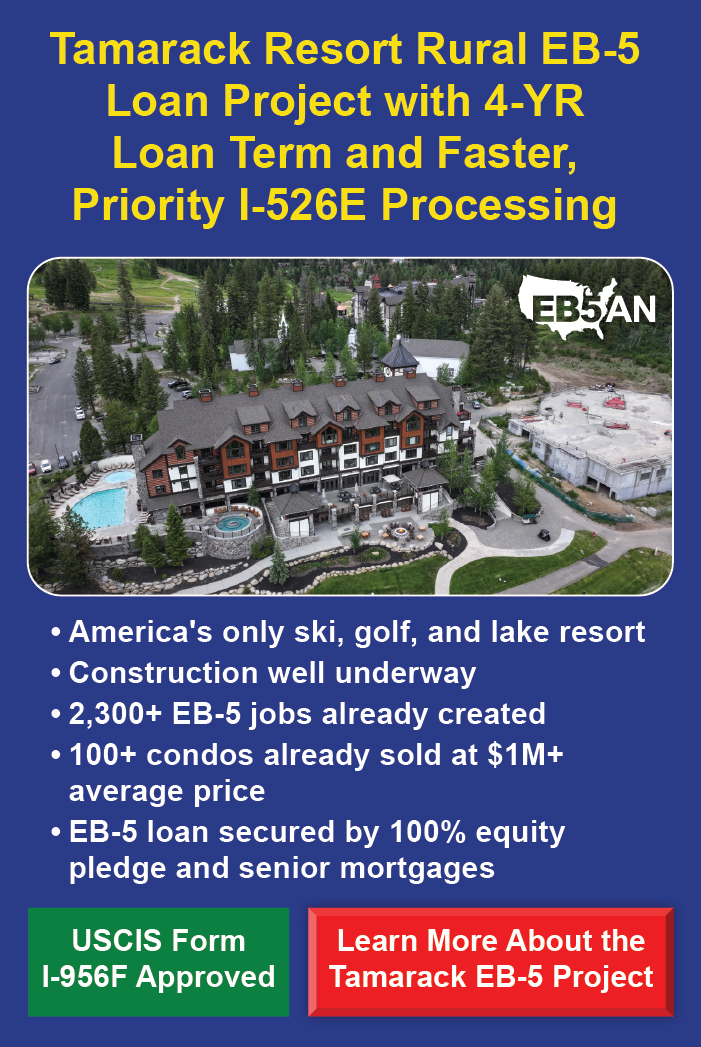
Employment based (EB) visas are meant for foreign nationals who are looking to relocate permanently to the United States through some form of employment. There are five different types of EB visas. The greatest difference between the EB-2, EB-3 and EB-5 visas is that the latter is based upon the applicant’s investment in a job creating enterprise (JCE) that creates U.S. jobs and is approved by United States Citizenship and Immigration Services (USCIS). The EB-2 and EB-3 visas are based upon the applicant being sponsored to work in the United States by an employer. In other words, EB-2 and EB-3 visa holders are employees of a U.S. company, while EB-5 visa holders are investors in a U.S. company.
All three visa types allow for an applicant to request a visa for themselves, their spouse, and any unmarried children under the age of 21.
EB-2 Visas
A person may qualify for an employment based, second preference (EB-2 visa) if they hold an advanced degree or have exceptional ability. These include:
- Individuals with a job offer that requires an advanced degree or a level of experience equivalent to an advanced degree.
- Individuals with exceptionally high skills in the sciences, arts, or business.
- Individuals who request the labor certification (PERM) to be waived because their working in the United States would be beneficial to the country.
EB-3 Visas
The requirements to apply for an employment based, third preference (EB-3) visa are not as strict as those for the EB-2 visa. This visa is reserved for skilled workers and professionals that will perform jobs no qualified U.S. workers are available for. Those who can apply for the EB-3 visa include:
- “Skilled workers” whose jobs require a minimum of 2 years training or experience.
- “Professionals” whose job requires at least a U.S. baccalaureate or foreign equivalent degree and are a member of the professions.
- Individuals in the “unskilled workers” category who are performing jobs that require less than 2 years training and experience and who are performing a job that no qualified U.S. workers are available for.
EB-5 Visas
As aforementioned, the EB5 visa is largely centered around job creation. To qualify for an EB-5 visa, a foreign national must fulfill the following requirements:
- Invest the necessary capital into a qualifying new commercial enterprise.
- Create at least 10 new jobs for U.S. workers.
When determining which option is feasible for an investor’s circumstances, it is best to consult with an experienced immigration attorney.







